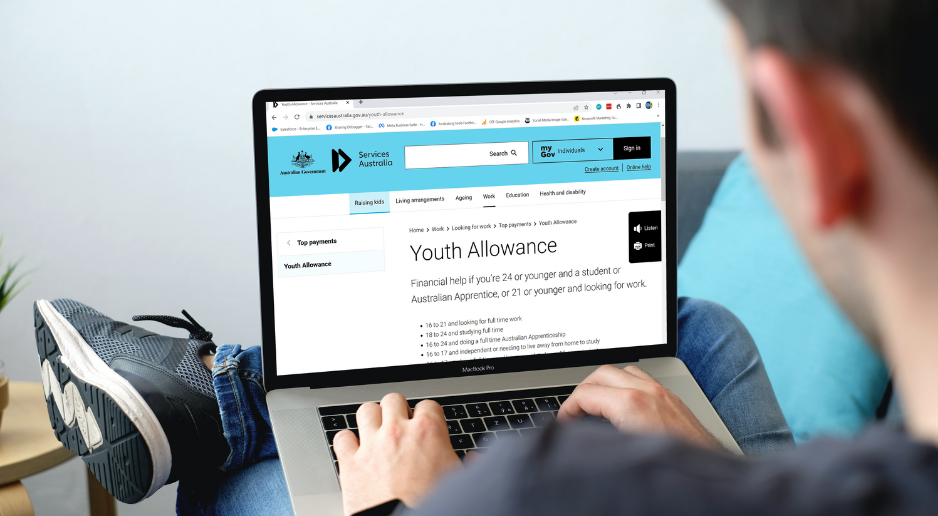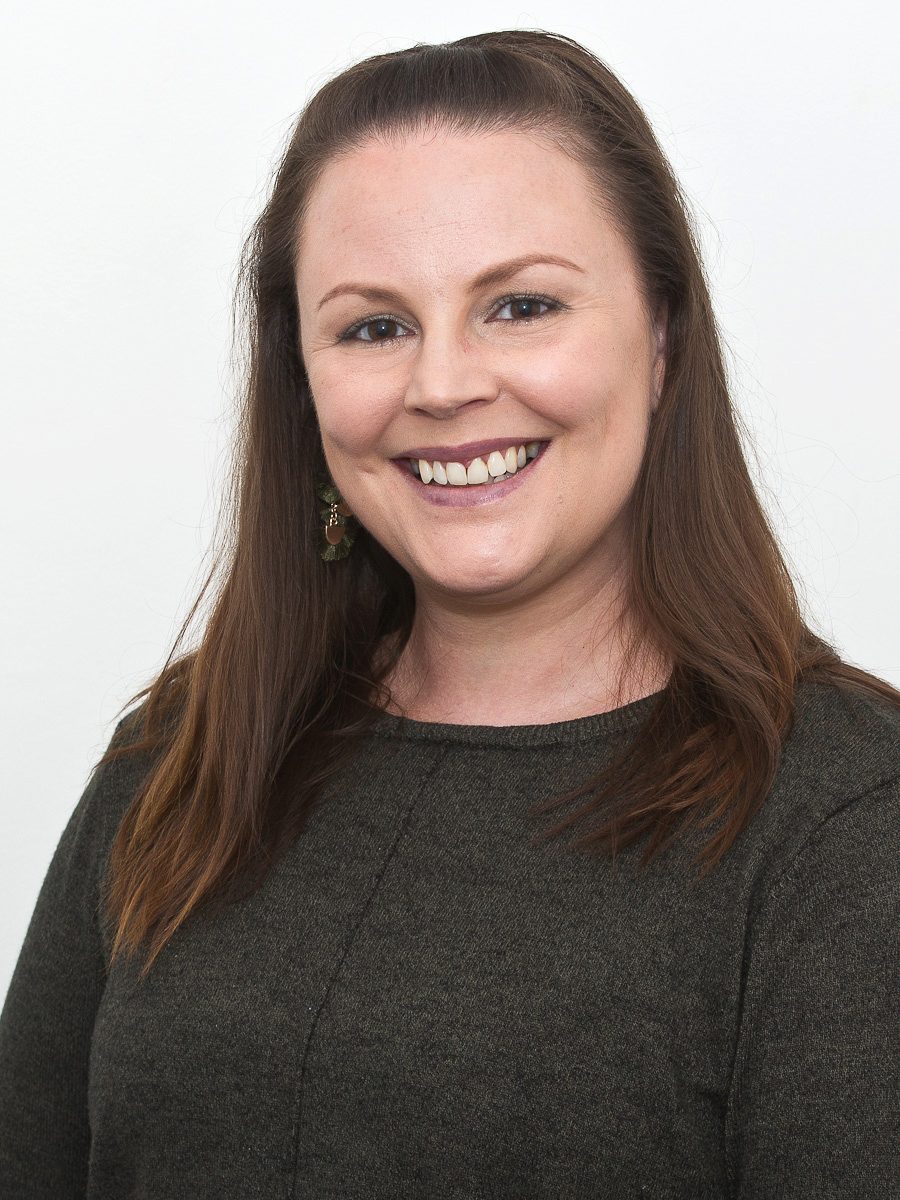
CEF says Youth Allowance – a financial foothold for young people – is proving elusive for rural and remote youth. Photo: CEF.
Nicole Wright toggles between half a dozen tabs on her computer browser and laughs, “I like to think I am a reasonably intelligent and logical person, but I’m confused.”
As Country Education Foundation (CEF) Impact and Communications Manager, this is part of a mission to understand the journey of a rural or remote student attempting to access Youth Allowance.
It’s not going well.
“The support is there but it feels hidden, even buried in a needlessly complex process.”
Run by volunteers across the country, CEF is a community-based model providing social, emotional and financial support to help young rural and regional Australians access further education, training and jobs.
The complexity of the Youth Allowance application process is one of the biggest bugbears for volunteers and the students they help, according to Nicole.
“When we look deeper it’s about that criteria,” she says.
“It’s not a criteria that leans towards supporting our rural youths seeking a tertiary education,” she says.
Nicole points to the ambiguous questions used to determine dependency.
“The majority of students will be deemed dependent; then it becomes a question of income testing for the parents,” Nicole says.
“The criteria then becomes a maze of numbers; it’s so easy to become overwhelmed.
“The majority of applicants for CEF grants and scholarships are very aware of the financial burden their families face to put them through uni or TAFE, and many of these kids are hell-bent on supporting themselves regardless of whether the criteria says mum and dad will be supporting them.
“The theory is one thing but looking at how it affects our rural regional students in practice … what looks like a lot of money for a dependent child, in reality sees that family looking at how to fund two households for the first 12 months until that student can access their payments.”

CEF Impact and Communications Manager Nicole Wright. Photo: CEF.
For students seeking to establish themselves as independent, Nicole says much of the criteria seems to preclude help in the crucial first months.
She points to a clause for rural and remote students who may be deemed independent if, since leaving secondary school, they have earned at least 75 per cent of the National Training Wage Schedule rate in any 14-month period or worked at least 15 hours a week for a minimum of two years.
This cannot include hours worked and income earned while still in secondary school.
“So if they’re going straight to uni or TAFE that little rural or regional clause doesn’t apply for them yet,” Nicole explains.
“It’s these strange little things that gear it towards the latter years of their studies rather than making that support accessible in that transitional period, those first couple of years.
“Would it not be better to make this process simpler and Youth Allowance accessible off the bat rather than five years down the track, that student being without a qualification and ending up on a JobSeeker allowance?”
CEF has found issues not only with access but also awareness. Their 2022 scholarship application data found more than 50 per cent of respondents didn’t know about government support eligibility for regional students.
The National Skills Commission findings earlier this year indicated that more than nine out of 10 new jobs to be created in the next five years would require post-secondary qualifications.
Nicole says youths who find their way to CEF are industrious and determined to “find a way” but are widely reporting that if it weren’t for CEF grants or scholarships, they would not be able to cover basics in their first year, like groceries and rent.
“A lot consider dropping out of studies and that’s something we need to hit on the head,” she says.
“We’re calling for a simplification of the process and a review of the eligibility criteria to reduce the red tape and checkboxes,” she says.
“We’re not asking that they drop reporting requirements … ultimately we just want it to be easier for these young people to access Youth Allowance when they really need it – at the start of their tertiary education journey.”
In the meantime, CEF’s ”Make it Possible” Rural and Regional Inspiration Hub seeks to demystify the process, helping students navigate the web of information and set them up for success.
“We’re here not just financially; we can help wade through all the information. We have partnerships with unis and TAFE and can put students in contact with the relevant participation and equity divisions to advocate on their behalf.
“The support is there, it’s just a matter of asking for help. As regional and remote people, we’re not always the best at that – we like to figure it out ourselves. But the reality is it’s so complex.”
Visit the CEF website for more information.















